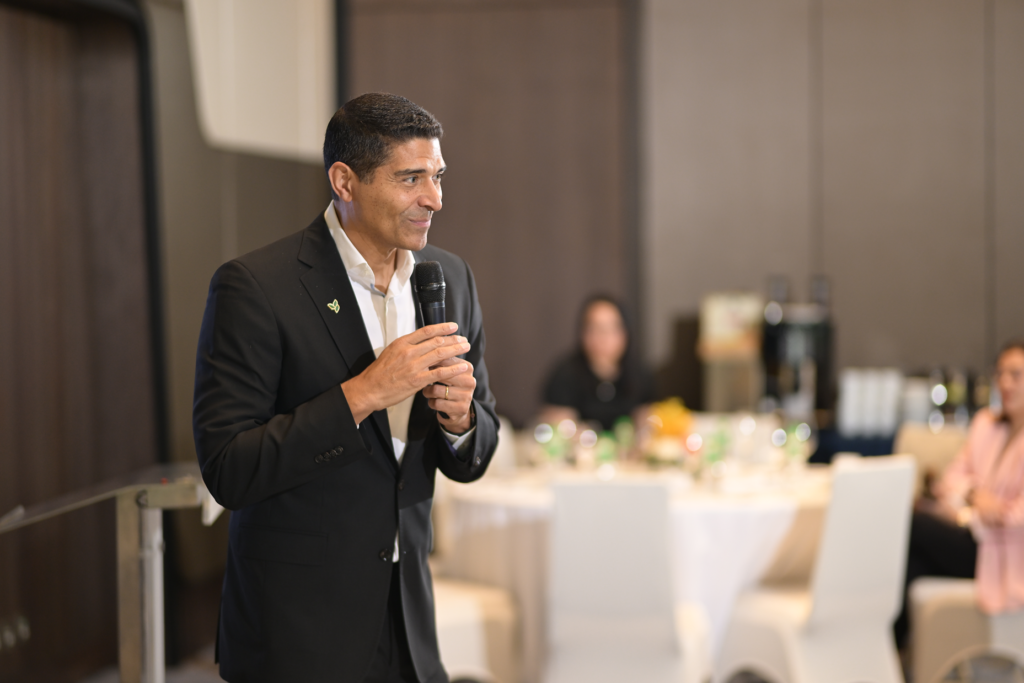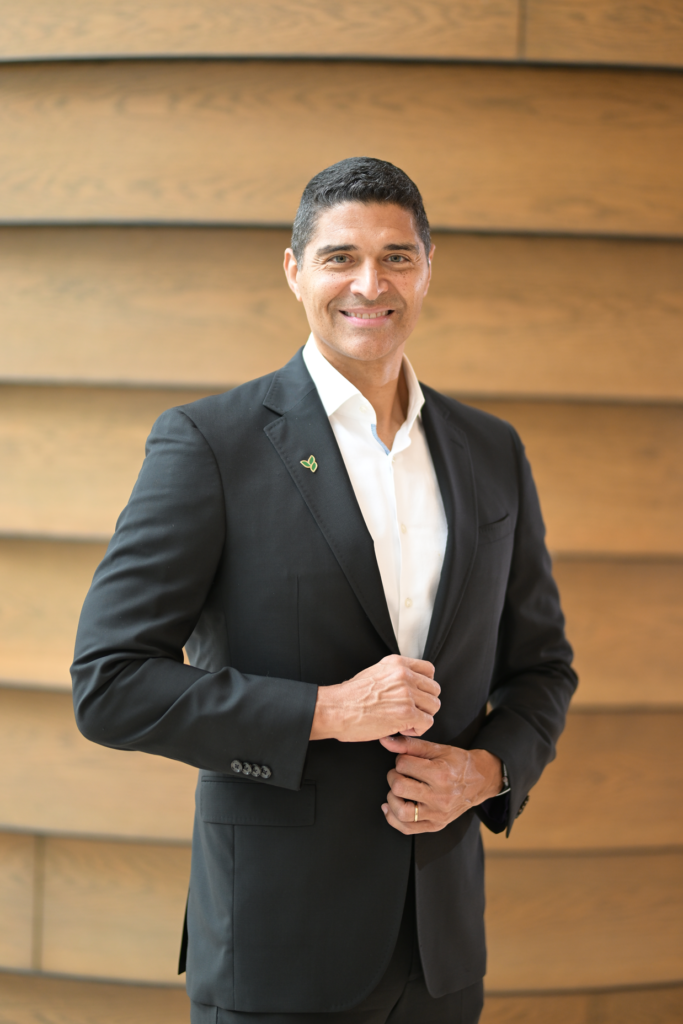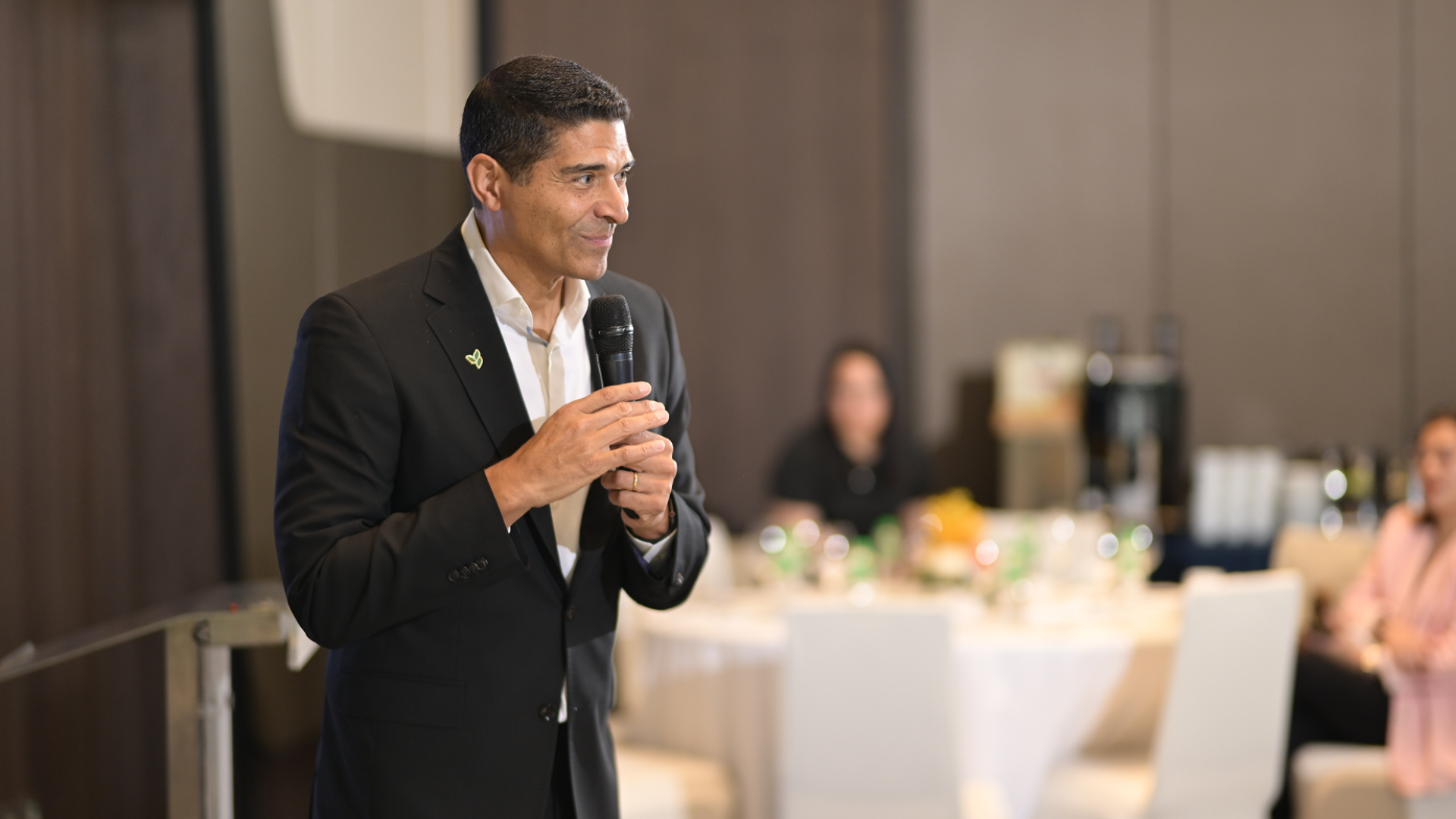In the Asia Pacific region, anxiety and depression are the leading causes of the region’s rising mental health issues. In the Philippines, approximately 3.3 million Filipinos suffer from depression and another 3.1 million experience anxiety disorders. This rise in mental health cases can also be seen in the youth, with AXA Philippines reporting that 35% of Filipinos aged between 18 and 24 experience depression. This is much higher than the global average of 27%.

However, this subject can be sensitive and stigmatized in many Asian cultures, intensified by prevailing societal norms, rapid urbanization, and a decline in community support systems. As urban living continues to rise, traditional community ties weaken, leading to increased isolation.
According to the Global State of Social Connections, 57% of Filipinos reported feeling lonely. This is mainly due to the effects of urbanisation, where people are forced to move away from their family connections for better opportunities in urban areas. The University of the Philippines Population Institute finds that social media use is linked to varying impacts on youth, including higher levels of loneliness. Their study highlights that while social media fosters connection, its curated nature can also lead to unrealistic expectations and a sense of missing out, potentially exacerbating feelings of loneliness.
Fortunately, there are ways we can encourage more openness and support for mental wellness. It begins at the community level, by integrating social networks into healthy, active lifestyle habits.
The power of social networks
According to Dr Luigi Gratton, Vice President of the Office of Health and Wellness Chair, Herbalife Nutrition Advisory Board, one of the most effective ways to combat loneliness and improve mental well-being is through group activities. “Running and cycling clubs, and yoga or pilates classes are popular for a reason – they provide more health benefits than working out alone. Beyond physical fitness, these activities enhance mental well-being by reducing stress and fostering a sense of belonging. He cites that “In Herbalife’s Asia Pacific Power of Community Survey, over half of respondents (51%) said support groups are crucial for their health and wellness, thanks to the opportunity to meet new friends, expand their social circles, ensure accountability for progress, and engage in in-person activities.”

There is a concept called “behavioral synchrony” — the idea that people who move or work in sync experience enhanced bonding — which explains why group exercises are so effective. Working out in sync with others releases endorphins, the “feel-good” hormones, and helps to create stronger social bonds. This collective environment not only enhances motivation but also empowers individuals to push their limits and achieve personal growth.
Communal Eating Fosters Social Bonding
Another key element in promoting physical and mental wellness is nutrition, particularly when combined with social bonding activities. In many Asian cultures, communal eating is central to social life, serving as a daily ritual that strengthens family ties and upholds cultural traditions. In recent years, the concept of communal eating has been expanded to include health-focused activities, such as nutrition workshops and community gardens.
These activities offer a space for members to share meals, receive personalized nutrition advice, and support one another in their wellness journeys. The personalized attention and sense of community fostered in these environments can make a significant difference in achieving long-term health goals.
In addition, the act of communal eating often leads to positive social validation, which can further encourage individuals to make healthier food choices, reinforcing the idea that nutrition is not just about what we eat but also about how and with whom we share our meals. Scientific literature shows that higher levels of social support can be particularly effective for long-term weight management, even if the group’s objective is not specifically weight-oriented. With the help of peers, people can build better habits, feel more confident in themselves, connect, and regulate stress.
Solutions for Healthier Communities
In today’s fast-paced world, finding time to cultivate meaningful social connections can be challenging. Busy work schedules, personal responsibilities, and the demands of daily life often leave little room for fostering in-person support networks. However, the digital age can offer virtual support systems as practical alternatives to traditional in-person connections. Engaging in online wellness groups, receiving personalized feedback via email, or sharing progress on social media platforms can be just as effective as in-person social support. These virtual spaces allow individuals to connect with like-minded people and receive positive reinforcement that promotes better health outcomes.
To build healthier communities where mental health discussions are not stigmatized, we must adopt a community-based approach that prioritizes holistic well-being. Group activities serve as coping strategies for stress, reducing feelings of isolation and promoting camaraderie. Community support further fosters resilience and a deeper sense of purpose by providing safe spaces for individuals.
In the end, human beings are wired to be social for a reason — our communities shape and uplift us, helping us become the best versions of ourselves, both physically and mentally. The first step is acknowledging that we all face challenges, and by coming together, we can overcome them and thrive.
________.
https://www.adb.org/sites/default/files/institutional-document/633886/adou2020bp-mental-wellness-asia.pdf
https://www.google.com/url?sa=i&url=https%3A%2F%2Fwww-axa-com.cdn.axa-contento-118412.eu%2Fwww-axa-com%2Fa09d3707-ce9d-4e88-bc37-5472f9be77ae_axa_mind_health_study_2023.pdf&psig=AOvVaw06IdVuKab5eBbxD5L1EdeR&ust=1738110190529000&source=images&cd=vfe&opi=89978449&ved=0CAQQn5wMahcKEwj4s-K4k5eLAxUAAAAAHQAAAAAQBA
https://www.vml.com/insight/well-series-apac
https://www.uppi.upd.edu.ph/news/2022/pinoy-youth-in-worse-mental-health-shape-today
Group programmes for weight loss may be more effective than one-to-one sessions




